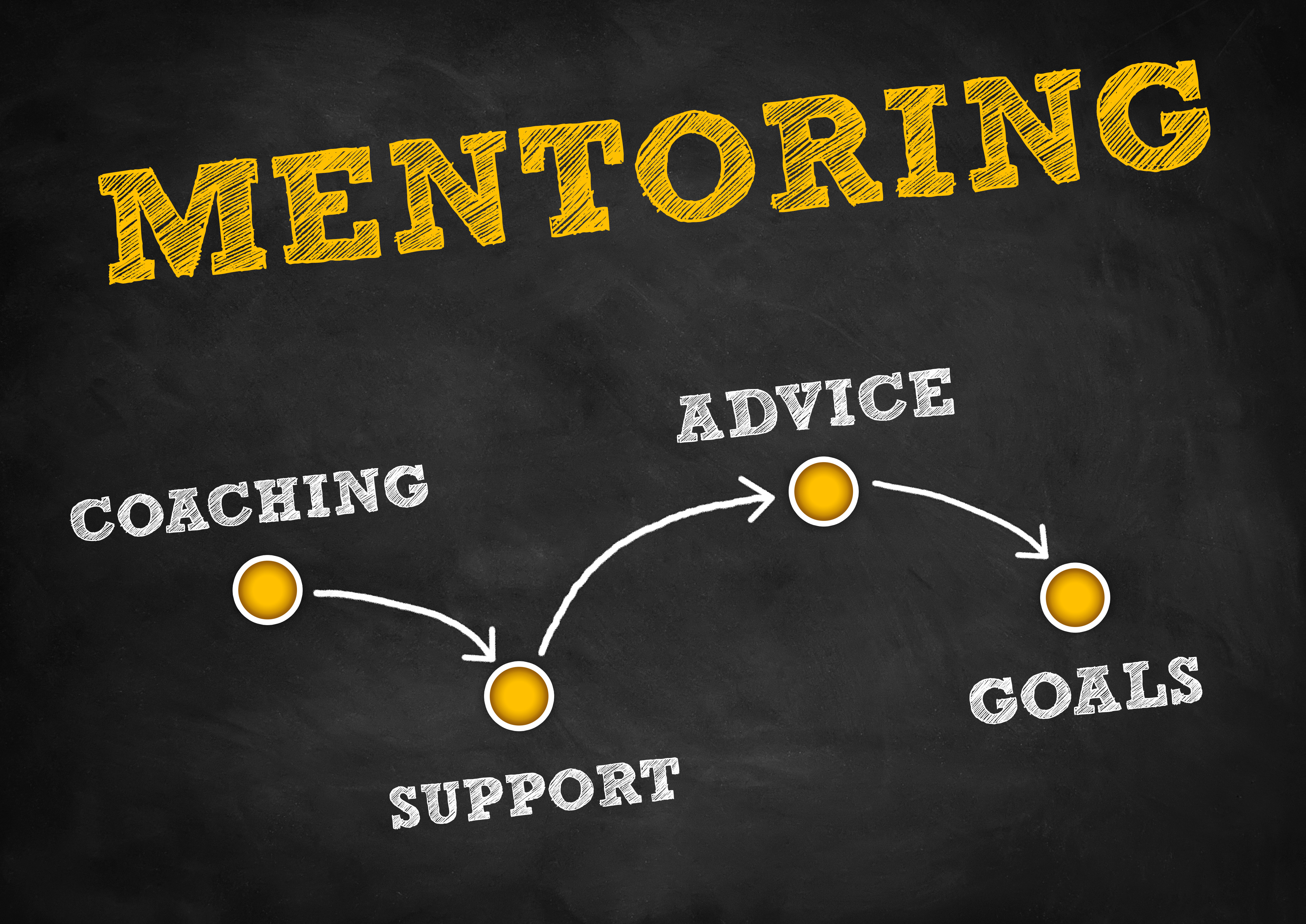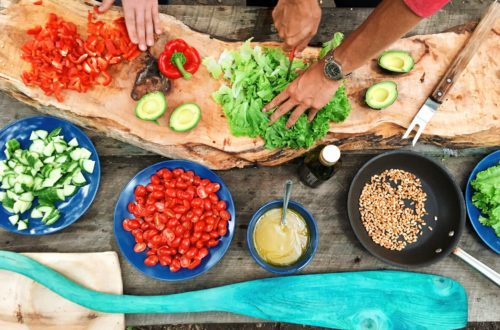What is Gut-Brain Connection and How Does Diet Affect Mental Health?
Ever felt that pit in your stomach right before a big presentation? Or maybe you get a burst of happiness after a delicious meal? Turns out, your gut and brain are in constant conversation, and what you eat can significantly impact your mental well-being. Buckle up, because we’re diving into the fascinating world of the gut-brain connection!
Imagine your gut as a bustling city: trillions of tiny citizens, mostly friendly bacteria, work tirelessly to keep things running smoothly. This vibrant community, called the gut microbiome, plays a crucial role in digestion, nutrient absorption, and even your mood. Here’s the cool part: these gut microbes chat with your brain through a complex network of highways – the vagus nerve – and chemical messengers called hormones. They also produce neurotransmitters, like dopamine, the “feel-good” chemical that influences happiness and motivation. So, the health of your gut directly impacts the messages your brain receives, affecting your mental state.
Food Choices: Friends or Foes to Your Gut?
Now, picture this: you indulge in a bag of chips and a sugary soda. What happens next? This sugary, processed feast might seem like a party for your taste buds, but it can wreak havoc on your gut microbiome. The “bad” bacteria thrive on this kind of food, while the good guys struggle to survive. This imbalance can disrupt communication between your gut and brain, potentially leading to:
- Anxiety: Imagine the butterflies in your stomach before a test, but on overdrive. An unhealthy gut can trigger the release of stress hormones, making you feel anxious and on edge.
- Depression: Feeling down and unmotivated? A disrupted gut microbiome may be partly to blame. When the good bacteria dip in numbers, it can affect the production of serotonin, a neurotransmitter linked to feelings of happiness and well-being.
- Brain Fog: Ever feel like your brain is stuck in molasses? Difficulty concentrating and foggy thinking can be linked to an imbalanced gut.
Fueling Your Mood with Food Power
So, what can you do to support your gut and boost your mental well-being? Here’s where your diet becomes your superhero cape! Here are some gut-friendly foods to add to your plate:
- Prebiotics: Think of these as fertilizer for your good gut bacteria. Fruits, vegetables, and whole grains are packed with prebiotics, which help your gut microbes thrive.
- Omega-3 Fatty Acids: These superstars found in fatty fish like salmon and nuts are like brain food! They support overall brain health and can help improve mood and cognitive function.
De-Stressing for a Happy Gut
Taking care of your mental health is just as important as what you eat. Here are some ways to manage stress and keep your gut happy:
- Exercise: It’s not just good for your body; physical activity can also be a mood booster. A brisk walk or a yoga session can work wonders for reducing stress and promoting gut health.
- Meditation: Take a deep breath and find your inner calm. Meditation can help you manage stress and anxiety, which can have a positive impact on your gut health.
- Mindfulness Practices: Being present in the moment and appreciating the little things can reduce stress and improve overall well-being.
- Spend Time in Nature: Go for a hike in the park or simply sit in your backyard. Immersing yourself in nature can be a powerful stress reliever and can positively impact your gut microbiome.
- Social Connection: Surround yourself with loved ones! Strong social connections can buffer stress and contribute to overall happiness.
Bonus Tip: Relive Happy Memories for a Mood Boost!
Remember that special vacation you took with friends, or the heartwarming birthday party for your child? Recalling happy memories can be a powerful stress reliever and mood booster. Here’s a fun way to revisit those cherished moments: digitizing old VHS tapes to DVD! Converting those dusty tapes to a more accessible format allows you to relive those happy times and potentially give your dopamine levels a natural boost – after all, reliving happy memories is a great way to trigger the release of this feel-good neurotransmitter. There are many best VHS converters available online, so you can easily find a service that fits your needs.
By taking care of your gut and managing stress, you’re not just promoting better digestion and physical health; you’re also paving the way for a happier, more resilient mind. So, the next time you reach for a snack, remember – you’re not just feeding your body, you’re fueling your mood!


